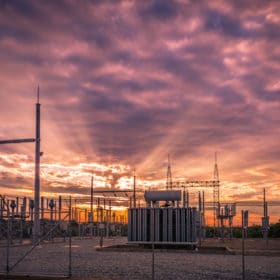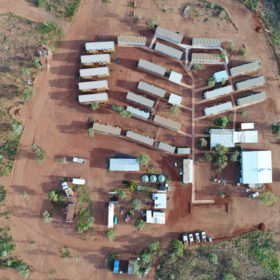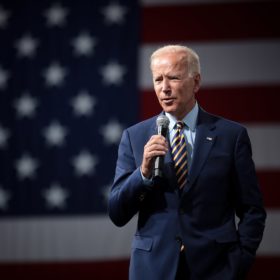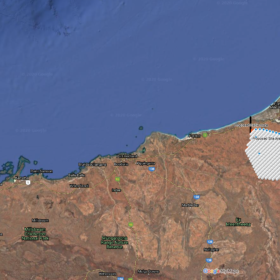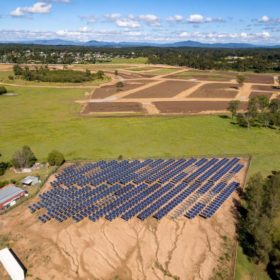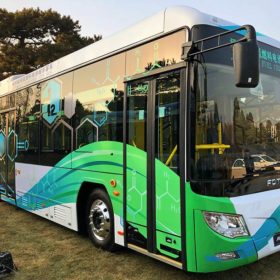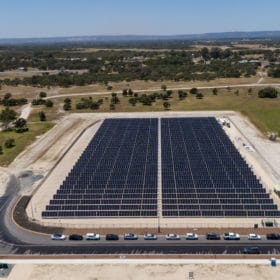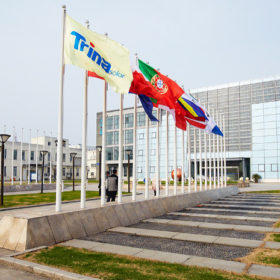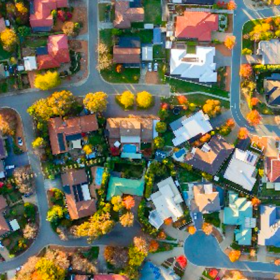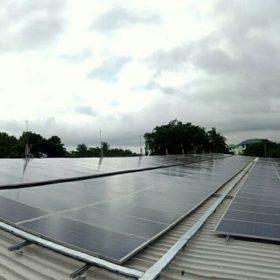100 MW battery storage facility proposed for rural Queensland town
A large-scale battery energy storage system is being proposed by Sydney-based developer Genex Power near Rockhampton, Queensland.
Greening WA’s mines: first round of grants awards two mines $2.6 million to install solar
The Western Australian state government has awarded $2.6 million in grants to install solar power at two Goldfields mining projects.
Biden’s Senate majority doesn’t just super-charge US climate action, it blazes a trail for Australia
An aggressive US climate policy rollout could provide a much needed dose of reality to the climate discourse in Canberra. It may also prompt Australia’s major parties to acknowledge the inevitability of a transition to a zero carbon economy.
Focus on industrial processes key for Aussie mega solar, wind projects to become a reality
2020 was the year for mega-solar projects to strike record low prices – US$0.0135/kWh in Abu Dhabi for the unimaginably vast 2 GW Al Dhafra project. Not to be left behind, some Australian project developers are pursuing equally grand plans with cleantech guru Michael Liebreich saying that their likelihood for success will lie in what the proponents plan to do with the vast amount of clean, cheap energy.
International partnership to develop solar hydrogen plant at QLD college and golf academy
The Hills International College and Golf Academy in Jimboomba, Queensland (QLD), which boasts former World Number 1 Jason Day as an alumnus, is partnering with Sydney-based renewable energy outfit Energy Estate to develop the Jimboomba Renewable Hydrogen Plant.
Hydrogen buses are on their way to Australia
Governments around Australia are hustling to transition their bus fleets to cleaner fuels such as green electricity or hydrogen. Companies around the world are hustling to ready their hydrogen buses to meet the demand.
The solar allure of WA’s new-model business park
Peel Renewable Energy is about to energise its 1.2 MW solar farm, which forms the heart of a fresh, phased microgrid approach to industrial-estate development. That is, grid infrastructure remains small, while the renewably powered microgrid grows to meet the needs of incoming businesses.
Trina Solar scoops recognition for environmental standards
Technical innovation and solar module production at scale bring with them the opportunity to integrate environmental responsibility. One major manufacturer is reaping returns on its investment.
510,000+ Victorian homes now saving with solar
After a rocky start the Victorian Labor Government’s ambitious Solar Homes program gets the rebate recipe right and celebrates a major milestone in the push to have 50% renewable energy in its grid by 2030.
Microgrid powers ahead with embedded network plan
Electricity retailer Microgrid Power is starting from scratch but plans to have a “substantial” portfolio of embedded solar PV networks, ranging in capacity from 100-300 kW each, established across Australia by the end of 2021.
